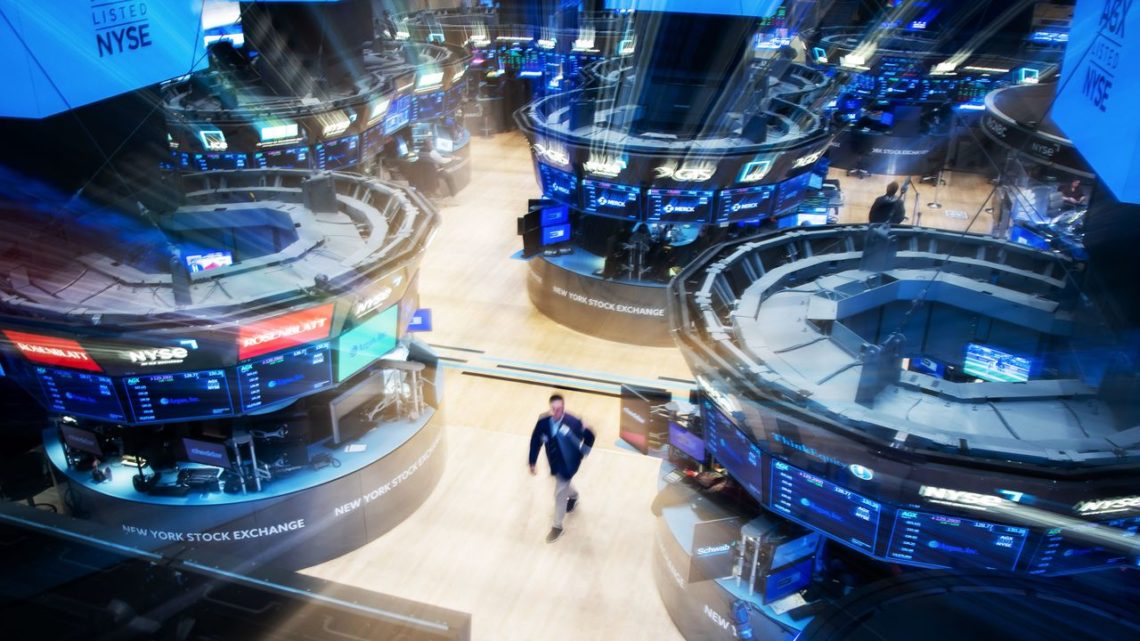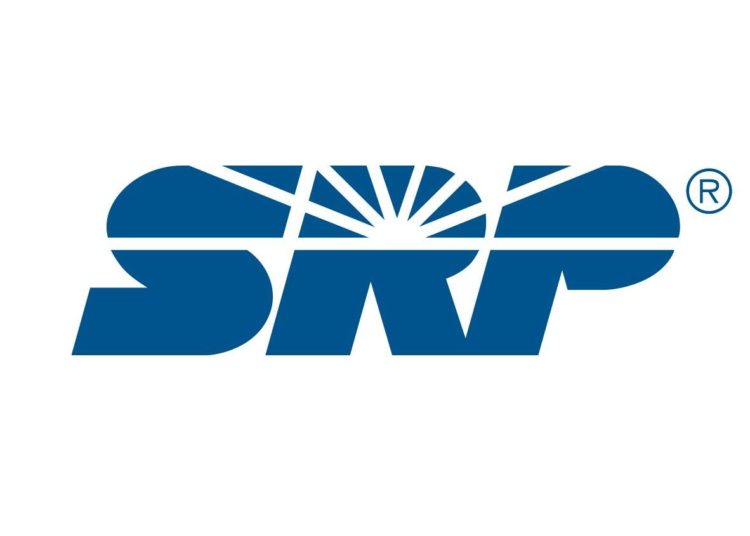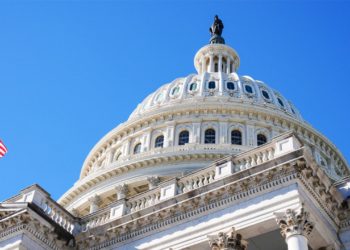The stock market is largely being propped up by a promise of AI that has yet to deliver—setting up what could be a disastrous bubble. But the AI land rush isn’t merely a risky gamble. Wall Street is staking the health of the markets—and that of the broader economy with it—on a bet against the common good.
It seems to be a lose-lose situation for those outside Wall Street and Silicon Valley: If the frenzied investment in artificial intelligence is overheated, as even OpenAI’s Sam Altman has warned, the markets could be hit hard enough to shake the economy as a whole—making an impact worse than that of the dot-com bust 25 years ago. But if the gamble pays off, it’ll mean a boom for a technology that could bring about widespread unemployment and social disruption.
“If this works as fast as VC money seems to be hoping, society seems wholly unprepared for the consequences,” as Daniel Barcay, executive director of the Center for Humane Technology, tells Vanity Fair, citing potential mass unemployment and political instability. “If the market is over its skis, then what we’re likely to see is a race to the bottom of these dark monetization patterns. We were promised curing cancer, but we’re getting AI slop.”
AI has already led to significant layoffs across a number of industries, including at Amazon, which announced it would slash 14,000 white-collar jobs last week. And Americans appear concerned that it’s just the beginning, with more than two thirds of respondents in a recent Reuters/Ipsos poll worrying that swaths of the workforce could be permanently displaced.
That’s for good reason: A report released by Senator Bernie Sanders last month (which ironically made use of ChatGPT) estimated that close to 100 million American jobs could be eliminated in 10 years by AI. Other reports have reached similar conclusions. And while not all the data is quite so pessimistic, purveyors of the technology themselves have warned about looming job losses: Dario Amodei, CEO of AI company Anthropic, cautioned in an interview with Axios earlier this year that the tech could get rid of half of all entry-level white-collar jobs. As he described the scenario, AI could mean “cancer is cured, the economy grows at 10% a year, the budget is balanced—and 20% of people don’t have jobs.”
Amodei said he had an “obligation” to warn of the potential consequences of AI. But other AI leaders have outright framed such workforce reductions as a selling point for their tech: “Stop Hiring Humans,” read a controversial ad from AI start-up Artisan.
Some of that can be dismissed as bluster. But then, the scale of the investment in AI right now may only be able to be justified if the hyperbolic predictions about AI come to pass. Roughly a third of the S&P is riding on just seven tech companies, which are trading at values that far exceed their revenues. “There have been numerous similarities between this bubble and the internet bubble of 1999–2000,” as Michael O’Rourke, chief market strategist at JonesTrading, tells VF: Investors are taking “aggressive action,” he says, while “standard protocols and risk controls are at least partially sidelined due to the air of urgency created by the euphoria.”
Except, as MarketWatch noted last month, AI is currently seeing 17 times more investment than there was in the dot-com mania at the turn of this century. For that investment to pay off, the technology needs to deliver on its society-altering promise. So far, it’s mostly delivering slop.
Indeed, even as companies rush to integrate the technology into their operations, they aren’t seeing much return on investment thus far. A McKinsey report in June shared that while almost 8 in 10 companies are using AI, that same number report seeing little to no impact on their bottom lines. Other research paints an even bleaker picture: In August, an MIT study found that 95%—95!—of companies using AI pilots saw no return on their investments of $30 billion to $40 billion. And a Gartner survey of human resources leaders, released last week, found that 88% said their businesses had not seen much value from their AI initiatives.
Investors’ hope, of course, is that this will change and the gains will materialize. But it’s far from guaranteed that they will. And if the bubble bursts, the fallout could be worse than that of the dot-com meltdown, given how much the fortunes of AI and the economy as a whole are now intertwined. With uncertainty from Donald Trump’s impulse-driven tariff regime, political chaos in Washington, and ominous headwinds on the horizon that have investors seeking refuge in stable assets like [gold](https://www.vanityfair.com/news/story/investors-are-so-confident-in-the-trump-economy-theyre-turning-to-gold?srsltid=AfmBOoo9cBcUb77xGTK94jVn97gHpTuUrjJzT_ZnoW1ggd0JilzSBJFB) and silver, the only thing that seems to be propping up the markets is investors’ belief in the future of AI.
“Big Tech is spending big on AI data centers, often financing them with unsustainable debt that puts the financial system at risk,” Massachusetts Democrat Elizabeth Warren, a critic of both Silicon Valley and Wall Street and the ranking member of the Senate Banking Committee, tells VF. “At the same time, we know that companies are already using AI to surveil workers’ every move and force schedules on them that maximize profits at the expense of their well-being. And the recent layoffs are a warning sign that AI could cause significant job losses.”
“I worry that the Trump administration is asleep at the switch,” she adds. “Absent strong financial safeguards and labor practices, it’ll be workers, small businesses, and families who will pay the price.”
The post The Double Bind of the AI Bubble Means We’re Screwed Whether the Tech Succeeds or Fails appeared first on Vanity Fair.




